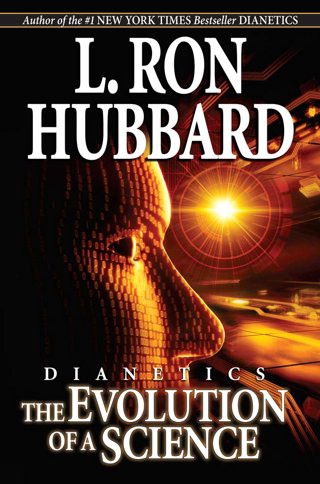All about Dianetics
All about Dianetics
Blog Article
Getting The Dianetics To Work
Table of Contents4 Simple Techniques For DianeticsLittle Known Questions About Dianetics.The Main Principles Of Dianetics The Main Principles Of Dianetics
I couldn't ever not wish to get anything that enters your mind for you- if it was otherwise, I would not be resting here with you, doing this. I not only can never have a problem, or not want to listen to something that enters your mind for you, but I'm entirely eager to understand every idea, every thought, every picture or sensation that arises or materializes for you- do not ever think otherwise, and if for some reason you do, please just let me understand! Often, you may have an idea, and image, concept or case pop up that does not appear to respond to the inquiry, or associate with it, however nonetheless, always do inform me concerning it, and as we proceed, the relevance will certainly arise for you.This is integral in the basis of processing, and the topic of this conversation: the basic functions of the counselor and the customer: The standard duty of the counselor is, as opposed to "basic training", not to manage, which means to enforce and/or inhibit, but to instead function from the basis of EMPOWERING THE CLIENT.

Some Known Details About Dianetics
John Mcmasters shared this fundamental fact wonderfully well in one of his talks on Power processing, wherein he describes exactly how he was asked what this "unique propensity" was that he had for giving such wonderful sessions; he needed to think of that for a minute, and identified that it was what he had not been doing, as well as what he was doing: he wasn't evaluating, evaluating, computing, or actually, creating any kind of ideas, not to mention spoken expressions, after offering the command and while waiting for the computer to finish their response to their satisfaction; he was, simply and just, being present with the PC, and completely interested.
The function of the counselor, showed; that was his "unique propensity". I have had my own experience which showed me this well, really early on in the game. In 1982, having go to my blog just recently finished my training and teaching fellowship on New Age Dianetics, I was running this on a COMPUTER, and there was a factor in the session where (being a bit wet behind the ears not yet having lots of hours under my belt as an expert auditor) the PC appeared to be "taking too long" to share anything vocally after I provided him a command.
This key transformed out to be one of the most beneficial contribution that John ever made to the subject of therapy or bookkeeping (Dianetics). In my humble point of view, it is the best contribution that any person has actually ever before made to these subjectsthe application is completely non-judgemental, non-evaluative, and empty of any suggestion, recommendations or opinion.no preconditioned schedule for people, or 'degrees' that they should do
In Scientology we prided ourselves on not evaluating for people. All that truly implied was that the auditor did not Vocally review for the Computer in session.
Get This Report about Dianetics

Any individual that had ever seen John audit might image source not aid however discover an one-of-a-kind high quality in his bookkeeping."The client's fundamental role is to be there with the function of moving in the direction of their spiritual goals, and to freely and totally express and experience whatever shows up for them in responding to the inquiries and performing the directions in the processing.
This is something to procedure as required. But additionally, individuals regularly have previous experience and/or brainwashing in auditing/processing which, somehow, and to some levels, really misinforms them into perspectives, ideas and behavior patterns that stop the complete understanding of these functions, therefore they will often tend to inhibit the expressing of what comes to mind, as in the examples given over. * The first, and possibly leading instances of mis-indoctrination causing much less than totally smooth and efficient sessions, can be located in specific facets of the training routines, or "TR's":"TR's" are typically a person's very first, or at least early, experience in Scientology, and while I will certainly take place to describe what I see as the problems in principle and practice, nonetheless, often tend to be considerably therapeutic, done as they are provided (Hubbard insists that "TR's are not processing, they are training", however factually, they are both processing AND training)
There is no "failing", and no denial of the reality of this being processing. The focus, as it ought to be, is on experiencing the other person's existence.
The 7-Second Trick For Dianetics

Report this page